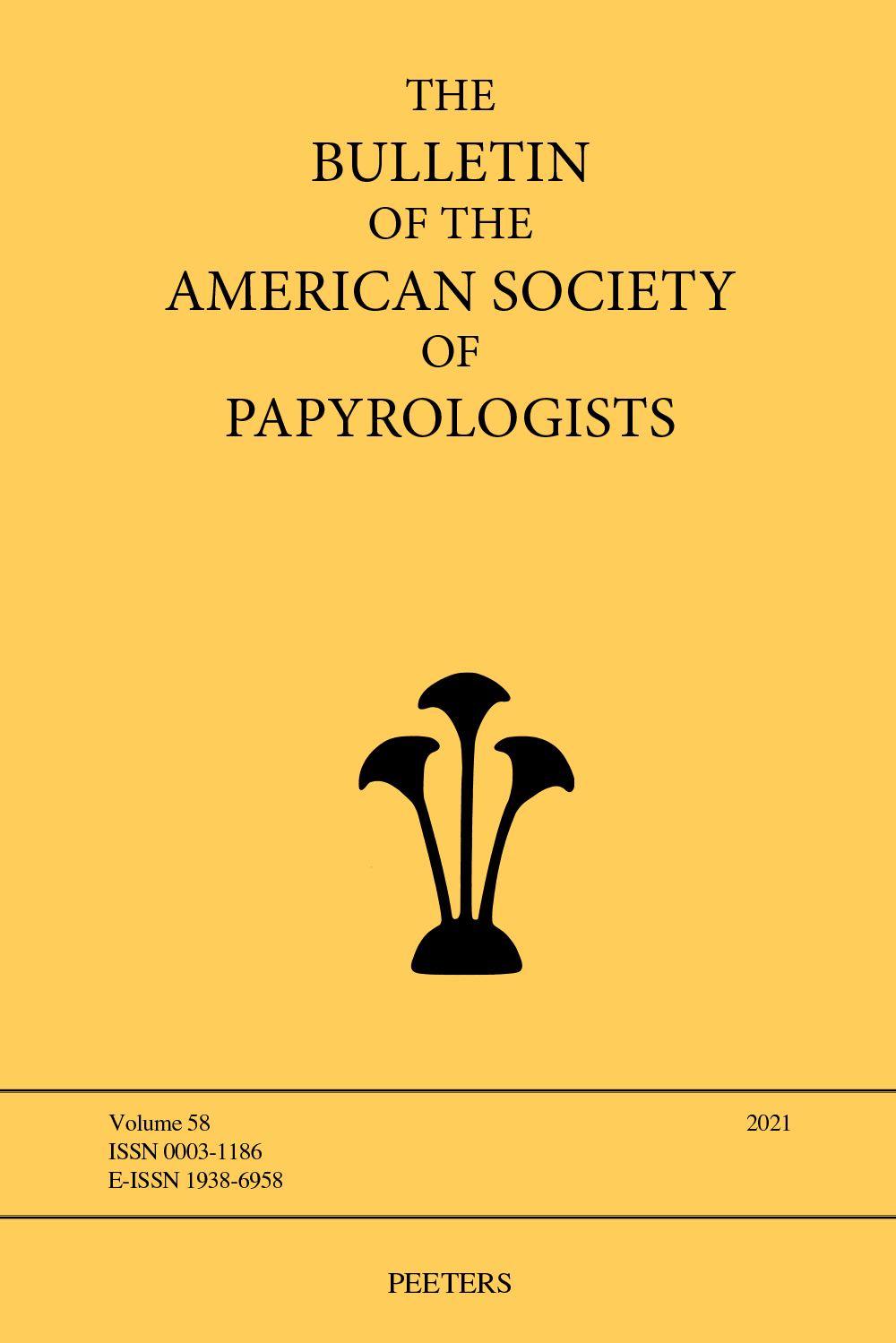 previous article in this issue previous article in this issue | next article in this issue  |

|
Document Details : Title: Late Ptolemaic Capitation Taxes and the Poll Tax in Roman Egypt Author(s): MONSON, Andrew Journal: Bulletin of the American Society of Papyrologists Volume: 51 Date: 2014 Pages: 127-160 DOI: 10.2143/BASP.51.0.3206259 Abstract : The Roman census and poll tax (laographia) in Egypt are regarded as an Augustan innovation and a poignant symbol of imperial domination and fiscal exploitation. The argument of S.L. Wallace in 1938 for continuity from the Ptolemaic period has failed to win many adherents. Yet the Ptolemaic evidence cannot be so easily dismissed. One antecedent was the salt tax of the third century BCE, but its rate was far lower than the Roman laographia and it disappears in the second century BCE. The continuity from the capitation taxes attested under Ptolemy XII Auletes and Cleopatra VII is much stronger. One source that is often overlooked is a group of tax receipts from Karanis, which potentially shed light on the transition to the Augustan period in the Arsinoite nome. The Roman administration substantially reformed the capitation taxes but did not create a heavier fiscal burden on the taxpayers. |
 |
